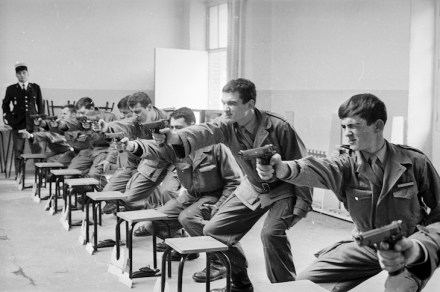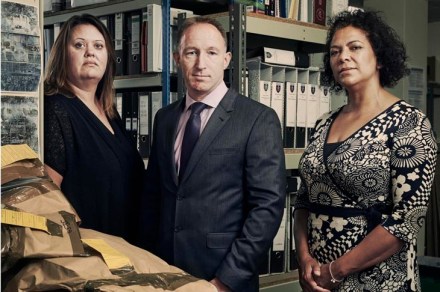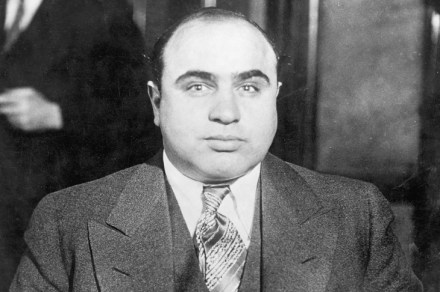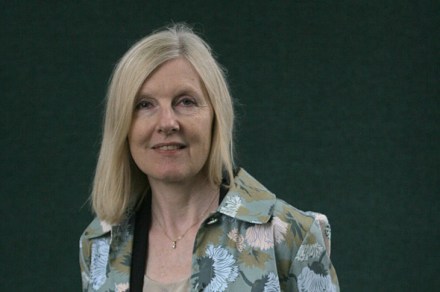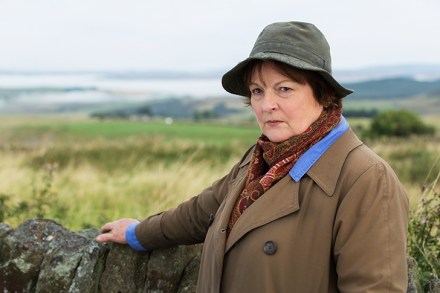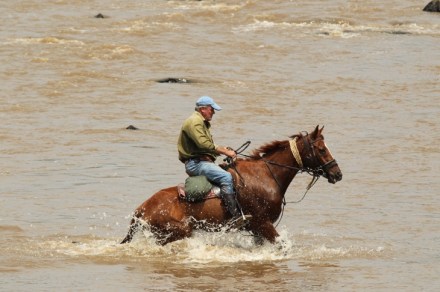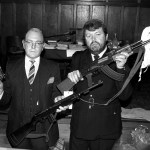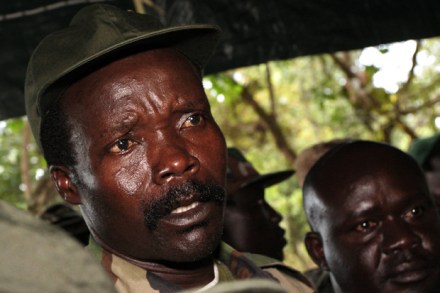Crime and puzzlement
Tony White’s latest novel begins for all the world like a police procedural, following the delightfully named sleuth Rex King as he investigates the grisly murder of man in a Covent Garden theatre. Rex, who has a penchant for fish and chips, laments the tedium of police bureaucracy and frets over a cover-up relating to a death in custody.There is collegial bonhomie, conspiratorial winking and sardonic banter aplenty. The novel then cuts away to an altogether different setting. In an obscure rural enclave in southern France in the mid-1980s, a young Englishman on his gap-year fraternises with a gang of charismatic dissidents in a bohemian commune. They debate postwar French
